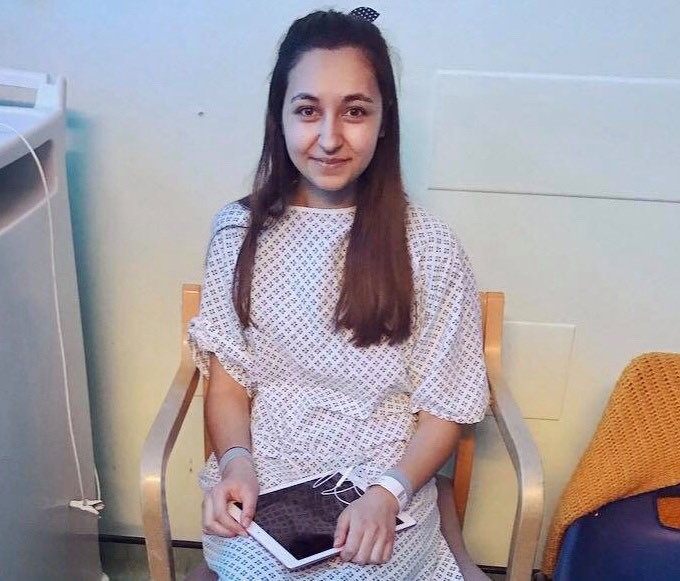Living With an Undiagnosed Illness Is Hard but Not Impossible
Editor's Note
Any medical information included is based on a personal experience. For questions or concerns regarding health, please consult a doctor or medical professional.
Living with any sort of illness can be difficult, but when doctors don’t know what’s wrong or how to help life can seem almost impossible. When I was undiagnosed and bedridden for three years, I vowed to myself that if I ever found out how to make such a dark and difficult time better I would shout it from the rooftops. Not literally, but I would do my absolute best to get the message out there to people who are struggling in the same way. So, these are my tips for living with an undiagnosed illness to feel better physically and mentally. As well as everything I wish I knew.
Firstly, I want you to know that you don’t necessarily need a diagnosis to get better. If all of the medical tests are coming back negative, but you are really struggling, you can ask to be treated on a symptom basis until they find out what’s wrong. This is not an ideal way to treat a patient, which is why doctors do not typically offer such treatment but, if they reach a point where they do not know what is wrong– or even say that nothing is wrong, you can ask for your symptom(s) to be treated in the meantime.

There are medications for almost everything, so as long as you are clear about how this is affecting your quality of life your doctor can work with you to find something that helps for the time being.
The next thing I want you to know is that just because all of the tests have come back negative so far, it does not mean there is nothing wrong. There are thousands and thousands of medical tests out there, as well as those that haven’t been invented yet, so even if you had all of them and they all came back negative, it does not mean nothing is wrong. If you have had five tests, for example, and your doctor says nothing is wrong, I want you to know that what he really means is that you simply do not have one of those five things he tested for. There is no way he can know or say that nothing is truly wrong.
Following this, my next tip is that you do not need to know what is wrong to tell people you are ill. I used to make myself even more sick “faking being well” and making excuses for why I could not do the things that everybody else could. It is absolutely OK to tell people that you are not well if you need to. This one sounds quite strange unless you have personally been in the situation, so here are a few examples of the wording you could use:
It is OK to say, “I’m sorry, I’m not well at the moment so I can’t do that,” or “I wish I could, but I’ve been quite ill lately.” You can say these things to whoever you need to, whenever you need to, and it is completely up to you whether you expand on it or not.
The next one is a tough one and it is that this can be the darkest and hardest time you will ever have with your health for so many reasons. An undiagnosed illness can be difficult to talk about, difficult to treat and difficult for even you to understand, let alone other people.
However, with this supposedly being rock bottom, things really can only get better from here. In terms of your physical health — persevere at the doctors as much as you are able to, there are so many tests that they can run, places they can refer you to and medications you can try in the meantime if you advocate for yourself.

Lastly, in terms of mental health, I want you to know that whatever you are going through, I believe you. No matter how many people have told you there is nothing wrong or it is all in your head, I believe you and I never want you to doubt yourself either. You know yourself best and you know when something is wrong, even if doctors cannot give it a name. I also want you to know that there is hope, even if you cannot see it. Things can get better, even if you do not know how or when and even if only a little bit. Keep hanging in there.
Photo by Daniel Silva Gaxiola on Unsplash

